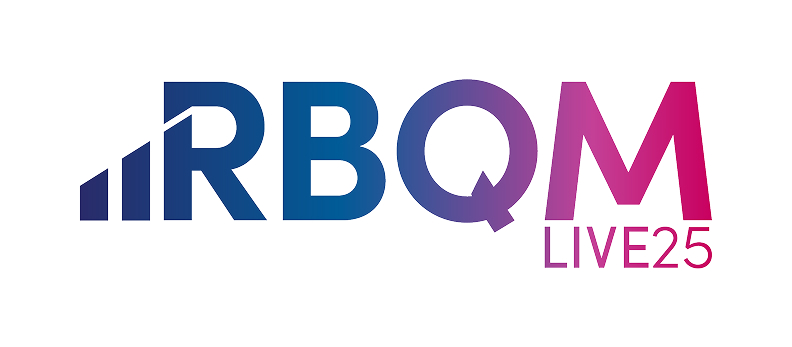Innovation & Accordance
The CluePoints’ platform of solutions offers a better way of identifying, visualizing, managing, and documenting trial risks that could compromise patient safety and delay the approval of investigational products. Underpinned by Central Statistical Monitoring, a technique that’s currently being investigated by the Food and Drug Administration (FDA), our cloud-based products are deployed to support traditional onsite monitoring, medical review, and quality to drive a risk-based approach to study execution and, ultimately, achieve ongoing ICH compliance.

ICH & ISO Guidance
ICH guidance, including E8 (R1) and E6 (R2), is crucial for biopharmaceutical companies, stressing careful trial planning and Quality by Design (QBD). RBQM principles are emphasized, with E6 (R3) set to expand on them. ISO 14155:2020 governs medical device clinical investigations, highlighting clinical quality management and risk-based monitoring. Compliance is essential to ensure both regulatory adherence and quality assurance in clinical development.
FDA, EMA, MHRA & PMDA Guidance
FDA guidance expands on RBQM principles, emphasizing study risk assessments and centralized monitoring. It advocates for reduced reliance on traditional monitoring methods, aligning with CluePoints’ clients’ interests in efficient trial oversight. EMA guidance mirrors FDA guidance but focuses more on early risk assessment and introduces Quality Tolerance Limits (QTLs). The guidance from both agencies precedes the ICH E6 (R3) and ICH E8 (R1) updates. MHRA guidelines promote tailored approaches to trials, emphasizing risk-adapted strategies and recommending central monitoring and statistical techniques aligned with trial risks.


Collaborative Pathways in Clinical Research Communities
CluePoints is committed to collaborating with other clinical research experts on various aspects, such as improving R&D, enhancing study quality and compliance, setting new industry standards, and advancing data analysis and reporting. CluePoints strives to align with the industry’s future vision and ambitions, which includes contributing to the collective expertise and shared goals of the following organizations.



